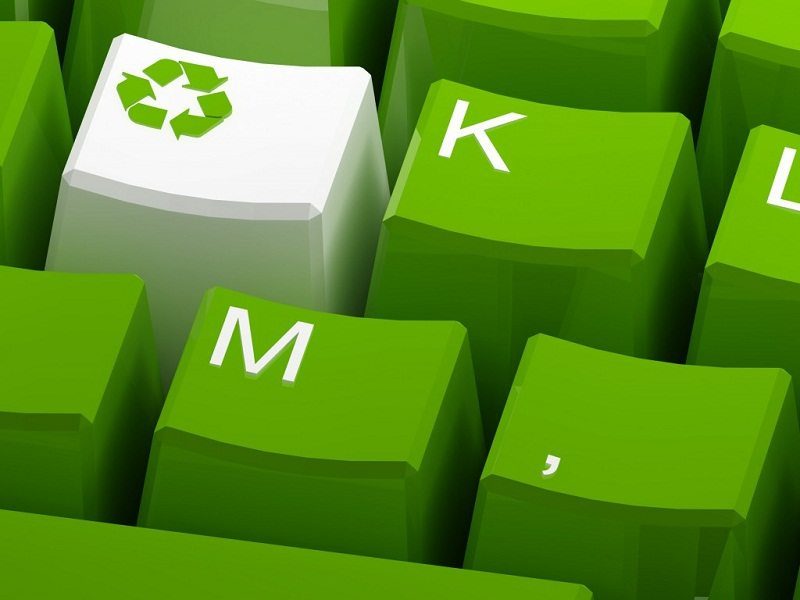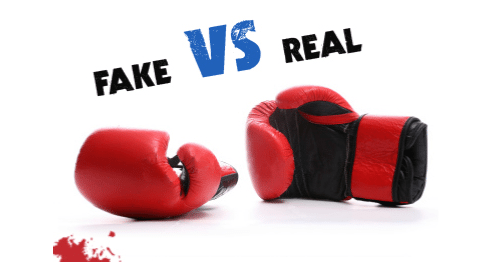
Fake E-waste Recycling is real, but can you Spot it?
One of the terms commonly thrown around in the business world has to be due diligence. And it is this due diligence that is really needed when it comes to electronic waste recycling. How? Because you need to be certain the company you will be handing over your equipment to has made it a virtue of doing what they claim to do: responsible disposal.
The manner in which e-recyclers go about disposing e-waste is a hot topic, and more so today. And as you probably would have reckoned, there are always those out to try and cash in on it without recycling anything really. But why should that be a concern of yours?
Well, the problem extends beyond just ridding your premises of junk.
See, e-waste recycling is not the most profitable venture in the world. The process comprises multiple costly steps which include equipment dismantling, raw material separation, and recycling in line with EPA regulations. To get the process right is a lot of time and man hours we are talking about, clearly something the fakers aren’t going to bear. Plus, why bear that while they can get paid to circumvent it?
Here’s how it works…
The fake ‘recyclers’ are more of exporters than recyclers. They send the electronic waste to developing countries where the metals are extracted and sold, with the eventual waste ending up in landfills. In return, they’ve realized that they can turn a better profit for it. Protecting the environment is the least of their concerns.
Wouldn’t it just be nice to identify such culprits?
Here’s How to Spot them
Fake electronic waste companies have gotten pretty advanced over the years, and telling them apart from the reputable e-recyclers can be hard. The claims they make are similar to the reputables’, and this is where due diligence comes into the picture.
Alleging they are fully permitted – Of course, everyone will say they have a permit to go about proper recycling. In reality though, it’s not something they will advertise because they know all too well there is nothing in their ‘permit’ addressing how to handle the e-waste.
e-Stewards certification – This is perhaps the fastest way of spotting the fakes from the reputable ones. The e-waste handling space encompasses several important certifications and memberships which include ISO 14001 certification and R2 certification. But the e-Stewards certification is crucial here because it prohibits the export of untested or non-working e-waste to developing nations.
Who’s paying? – When you’re shopping for an electronics recycling provider, remember to ask who will be paying for the recycling. If the company is accepting equipment for free or at a knockoff fee (from TVs to computers), chances are they may be shipping the equipment abroad. This is because recycling is costly, as we mentioned, and anyone doing it for free or at a price you’d gladly jump at may be directing the equipment overseas through an established network.
Now you know what to look out for next time you will be dealing with an electronics disposal company.
To the environment.
